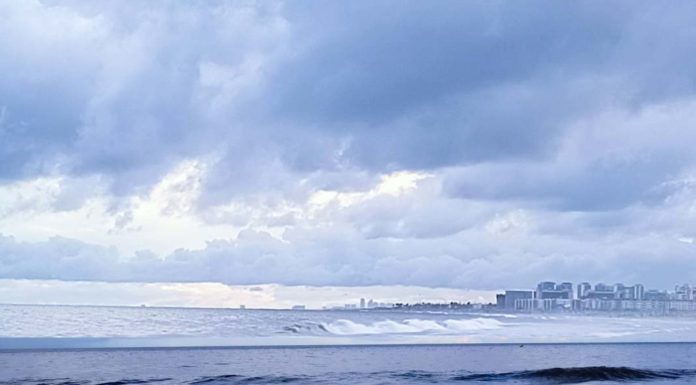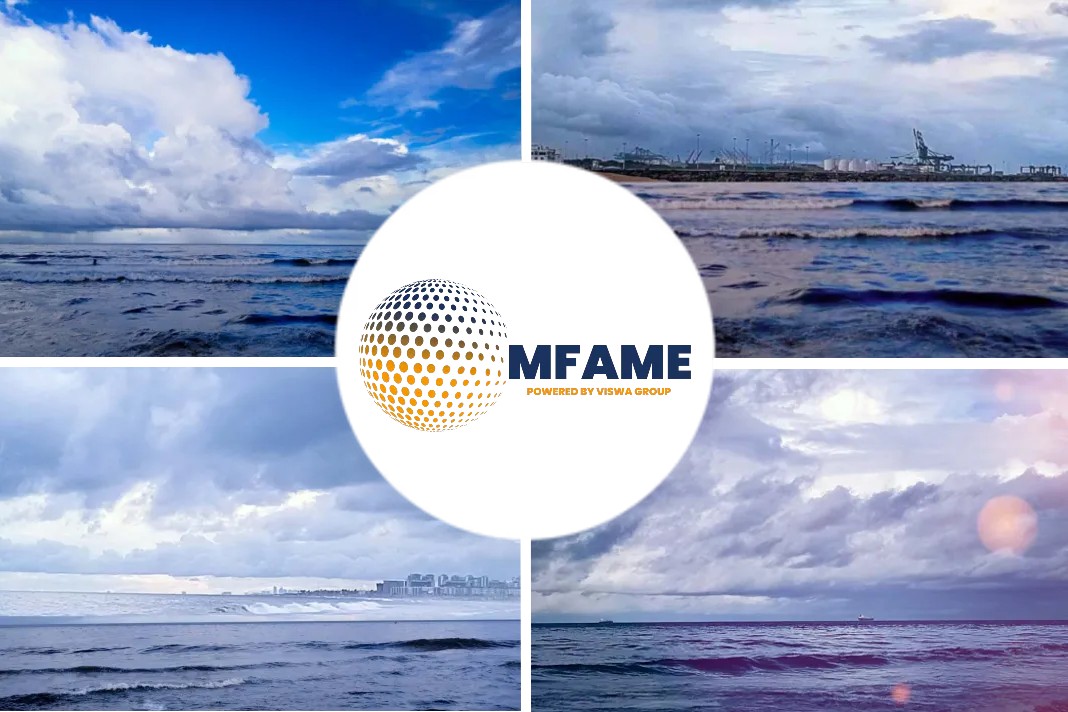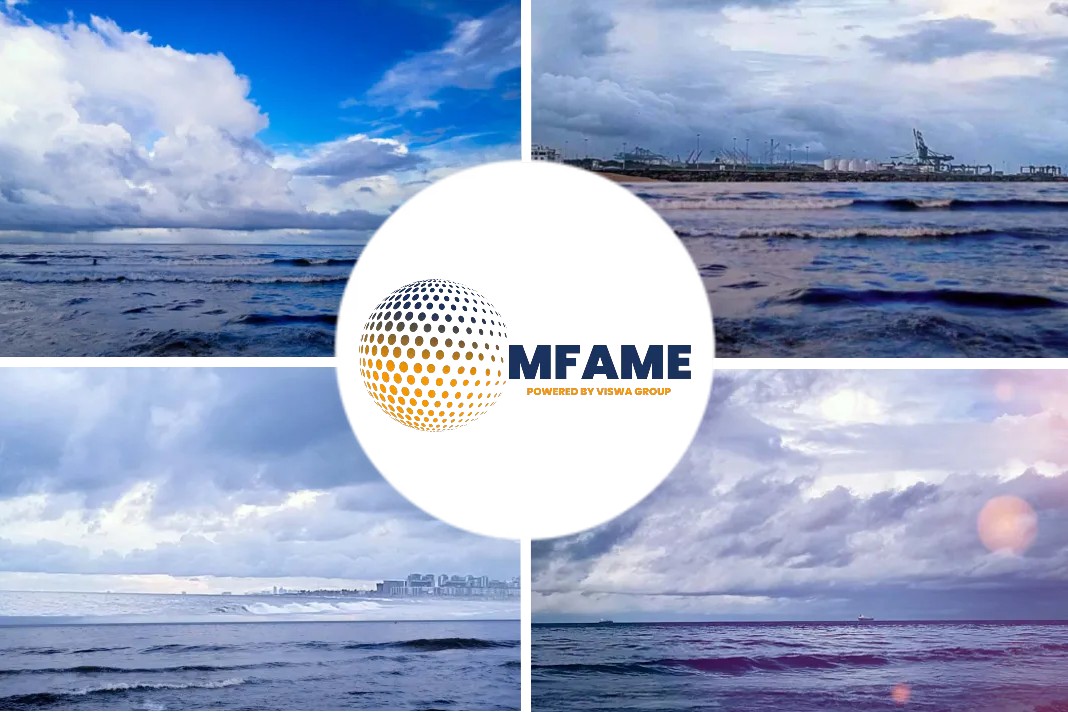Protection Vessel International has released the Maritime Security Report for Week 17 of 2019. The report formulated on 15th May 2019 highlights the various security breaches that have happened over the past week.
Ecuador: Robbers attempt to board a vessel off Cabo Pasado
On 03 May, ten robbers on two-speed boats approached an underway bulk carrier about 52 nm off Cabo Pasado. The crew on duty spotted the robbers and sounded the alarm. The bulk carrier increased the speed, commenced evasive maneuvers and started to spray the speed boats with fire hoses. The assailants aborted the robbery attempt. Crew and vessel were reported safe.
PVI Analysis: Piracy off the coast of Ecuador is frequently reported. However, robbers usually target fishing boats and other smaller boats, while attacks against larger vessels are less common. Robberies in Ecuadorian waters often lead to casualties as robbers tend to be heavily armed and violent during robberies.
UAE: Attack damages four vessels in the Gulf of Oman
On 12 May, the UAE confirmed four commercial vessels were attacked near Emirati territorial waters in the Gulf of Oman, east of Fujairah. Authorities confirmed there had been no injuries and no spill of chemicals or fuel but did not provide further details of the incident. Fujairah port remains operational. Images of one of the vessels showed damage sustained to the haul in which a US official anonymously told AP news was caused by some sort of explosive device. Saudi Arabia confirmed that two of its tankers were among those attacked and that the incident had resulted in significant damage.
PVI Analysis: It was unclear who was responsible for the attack, but it came days after the US warned Iran or its proxies could target commercial sea traffic in the region. Iran-aligned Houthi rebels have targeted commercial vessels previously off Yemen but have not demonstrated a capability to target UAE territory despite repeated threats to do so.
Nigeria: Robbers board tanker in Lagos Anchorage
On 03 May, two robbers boarded a tanker and were spotted by crew near the cargo tank at 0110 hrs local time. The crew raised the alarm and the robbers fled with their hose. Nothing was reported stolen.
Nigeria: Robbers target heavy lift carrier in the Gulf of Guinea
On 05 May, an unspecified number of robbers boarded and attacked a heavy lift carrier at about 1200 hrs local time, some 90 nm southwest of the Port of Brass Oil Terminal in the Gulf of Guinea. The robbers approached the lift carrier on a tug boat they had hijacked hours earlier in the Gulf of Guinea. The crew on duty spotted the robbers, sounded the alarm and mustered in the citadel. The robbers demanded crew give up their valuables and fired through a small hole into the citadel, but no injuries were reported. Authorities received the ship’s distress call and deployed a NATO vessel to the area, freed the vessel and arrested the robbers. Vessel and crew were reported safe and were escorted to the port.
Nigeria: Robbers board supply vessel at Onne port
On 07 May, two robbers boarded a supply vessel at about 0245 hrs local time at Federal Ocean Terminal of Onne port. The robbers used a canoe to approach the supply vessel. The crew on duty spotted the robbers and sounded the alarm. The robbers escaped upon hearing the alarm. No goods were reported stolen. The crew was reported safe.
PVI Analysis: Nigerian waters remain at high risk for criminality. Crew and vessels are vulnerable to opportunist thieves at anchorage and more sophisticated kidnap for ransom attacks, which typically occur 10 – 150 nautical miles off Nigeria’s coastline. Pirates are often armed and violent and there is a precedent for attackers to persist when under attack from armed security teams until they have been injured or killed.
Canada: Longshore workers vote to strike at Port of Vancouver
On 11 May, Longshore and warehouse workers voted to go on strike at the Port of Vancouver at an unspecified time within the next 60 days. The workers said they would provide a three-day notice of their strike action. The decision comes amid pay negotiations between longshore workers’ unions and the BC Maritime Employers Association, which represents a group of shipping companies active in Canada. The vote to strike raises the prospect of disruption at Canada’s busiest port.
Colombia: Authorities seize 2.2 tonnes of cocaine at Santa Marta port
On 12 May, authorities seized 2.2 tonnes of cocaine hidden inside four bags of copper ore in a container at Santa Marta port. The narcotics belonged to the Clan del Golfo drug gang and were bound for Antwerp port in Belgium, police said.
France: Protesters attempt to blockade arms vessel in Le Havre
On 09 May, approximately 100 protesters sought to prevent the loading of French weapons onto a Saudi Arabian cargo ship docked at Le Havre port in northern France. Protesters blocked the road outside the port in protest at the shipment, which they claim violates international arms treaties. Protesters have also filed multiple lawsuits at courts in Le Havre which seek to prevent the shipment from departing for Saudi Arabia, rulings on which are due to be issued on 10 May. The protest comes two weeks after leaked documents indicated Paris knew that shipments of French weapons and military hardware were being used against civilian targets in the Saudi-led Yemen conflict.
Iran: Washington warns merchant ships of Tehran attacks
On 10 May, the US Maritime Administration warned merchant ships, including oil tankers, of possible attacks by the Iranian navy. The warning comes amid rising tensions between Tehran and Washington. US President Donald Trump had called on Iranian President Hassan Rouhani to engage in talks amid increased economic sanctions and military pressure on Iran.
Israel: Government reopens Gaza fishing zone
On 10 May, the Israeli government reopened a 12-nautical-mile fishing zone off the Gaza coast, nearly a week after it was closed amid heavy cross-border violence. The move is believed to be the first stage in the implementation of a truce reportedly reached by Israel and Gaza-based militant groups on 5 May.
North Korea: Washington seizes North Korean coal ship for violating sanctions
On 09 May, the US said it had seized a North Korean cargo ship, accusing it of violating international sanctions. The justice department said the ship was used to transport coal, North Korea’s largest export but subject to a UN export ban. The vessel was initially impounded in Indonesia in April 2018. US officials stressed that the move had nothing to do with the two weapons tests that Pyongyang carried out in the past week. It is the first time the US has seized a North Korean ship for breaching sanctions and comes amid worsening relations between the two countries.
Pakistan: Maritime agency arrests 34 Indian fishermen, seizes boats
On 07 May, Pakistan’s Maritime Security Agency (MSA) arrested 34 Indian fishermen for allegedly straying into the country’s territorial waters and seized six boats, officials said. The fishermen were handed over to the police. The incident marks the first time that the MSA has arrested Indian fishermen since January. The Pakistan government had released more than 250 Indian fishermen from two jails in Karachi in April. Incidents of fishermen being arrested after straying into either Pakistani or Indian waters are common, with poor relations between the two countries meaning there is often little opportunity to secure their release.
Tunisia: At least 40 people drown as boat capsizes in the Mediterranean
On 11 May, a boat with migrants seeking to reach Europe capsized some 40 nm off the coast of Tunisia, resulting in at least 40 people drowning. A nearby fishing boat saved 16 others. Most of the victims were Bangladeshi nationals, according to RFI. Migrant boat accidents are common in the Mediterranean.
Yemen: Houthi militias test sea mines in Hodeidah port
On 07 May, Houthi militia forces carried out live tests of sea mines in the port of Hodeidah in western Yemen. The tests come one month after Houthi rebels detonated three naval mines in a test at Ras Issa oil port to the north of Hodeidah. Planting sea mines in waters off Yemen’s western coast poses a risk to both international shipping lanes in the Red Sea and to local fishing communities.
Did you subscribe to our daily newsletter?
It’s Free! Click here to Subscribe!
Source: ProtectionVessels





















